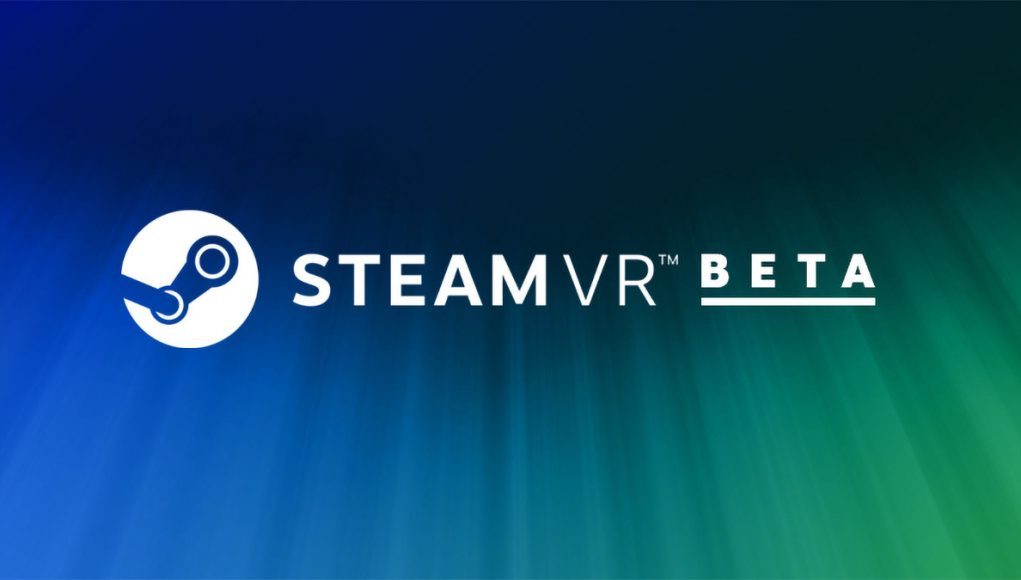A SteamVR beta update today improved tracking when used with Oculus Quest via Oculus Link.
Oculus Link allows Quest to be used just like a PC VR headset. While this makes it easy to play Oculus PC games, it also allows Quest to be used seamlessly with SteamVR.
Released in beta today, version 1.10.31 of SteamVR makes adjustments to tracking prediction when Quest is used with SteamVR. Specifically, Valve says the adjustment reduces positional latency, which means that players should see less latency when moving their head through space (as opposed to simply rotating in place). Rotational latency, it seems, continues to work as expected.
The patch notes for the update say the improvement was made by “fixing prediction.” Predicting the movement of the headset is key to reducing apparent latency in VR, but if the prediction is off it can make things feel even worse. SteamVR may have been applying Rift-like prediction to Quest, but as the rendering pipeline for Quest on Oculus Link is quite different, this may not have been as accurate as it could have been.
SteamVR users can access this beta update today by right-clicking on SteamVR in their Steam Library, selecting the ‘Betas’ tab, and choosing ‘SteamVR Beta Update’ in the drop-down list. Unless any major bugs are discovered, the update will eventually roll out to the main branch of SteamVR which will automatically be deployed to all users.
Valve has been steadily updating SteamVR lately, including the release of a new and improved VR dashboard earlier this month.







